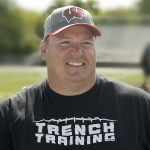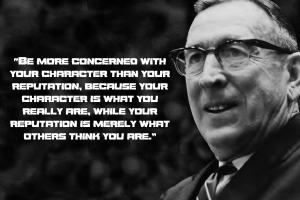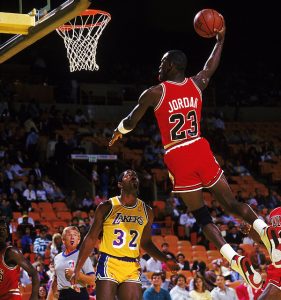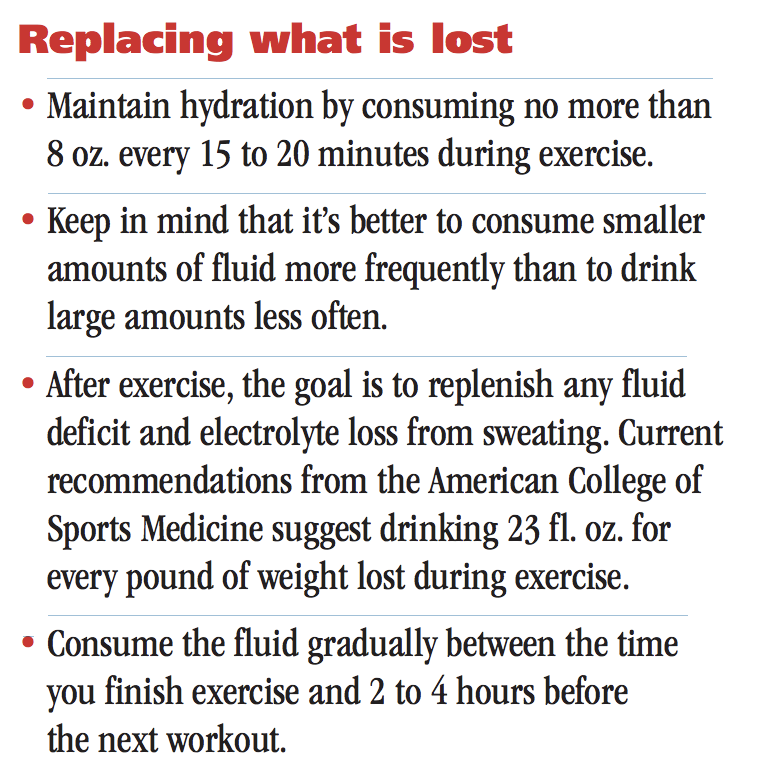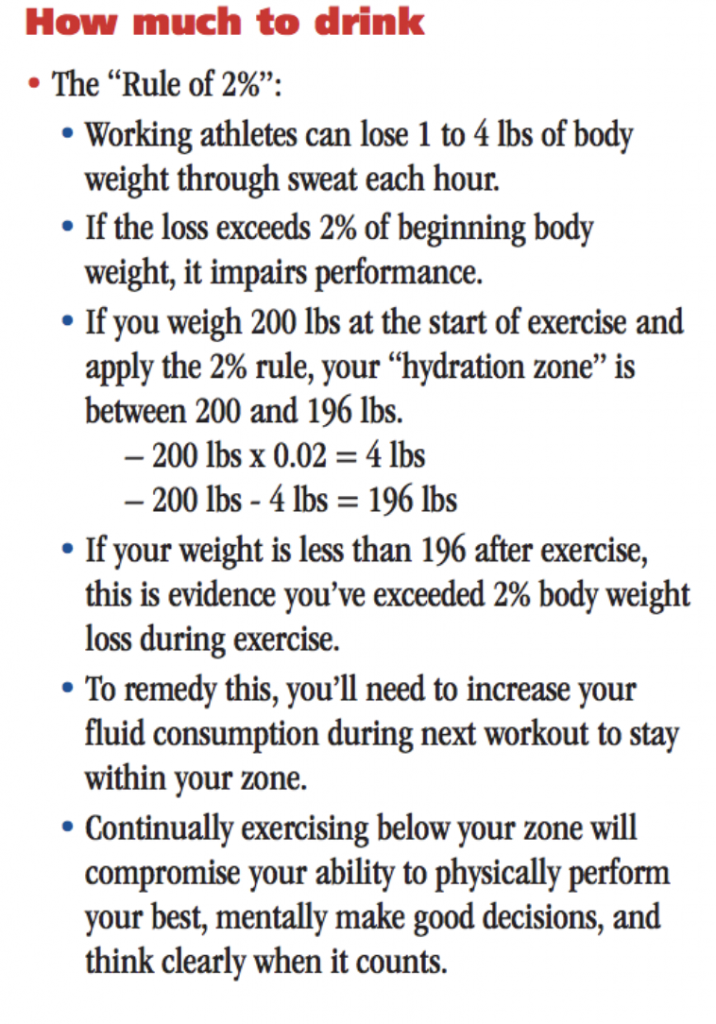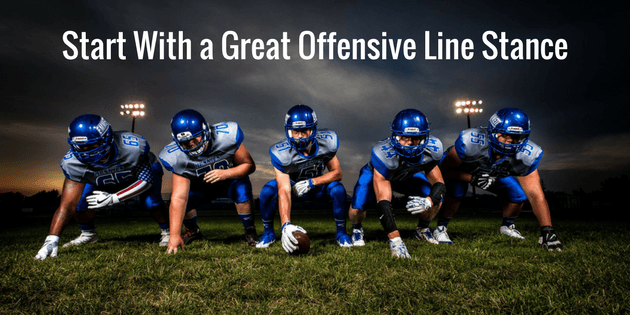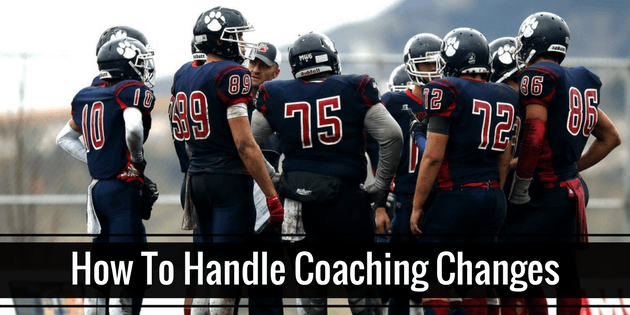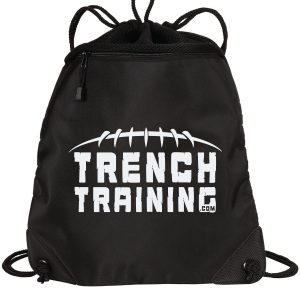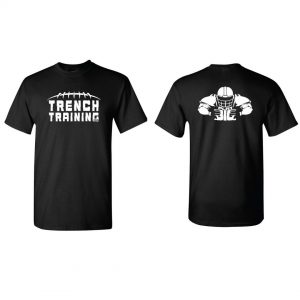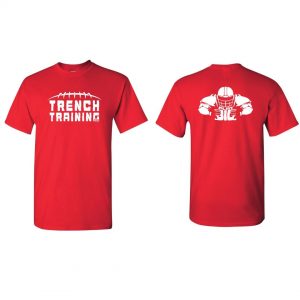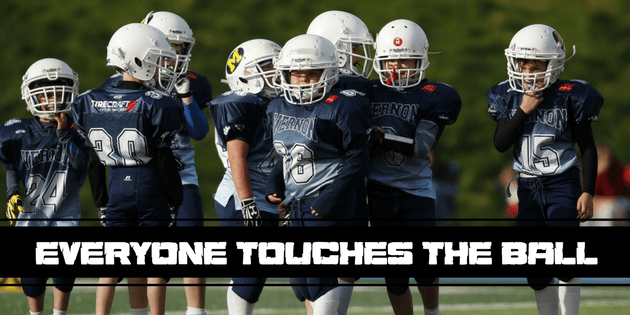
Everyone Touches the Ball
When you’re a big kid playing youth football everyone expects that you are going be a natural. However, many times, these big kids have no idea how to use that big body. And so, they get yelled at for being soft and often put on the line to never touch the ball.
What makes football fun for young kids?
Fun = getting to touch the ball in a game.
Just play. Have Fun. Enjoy the game. – Michael Jordan
Last year my 3rd grade son, Jacob, played flag football for the our local park and rec. 3rd and 4th graders are certainly a challenging age but I thought the coaches did a good job with the kids. They taught fundamentals at every position and were very patient with the kids.
There was however one thing that I found extremely frustrating. Only about half the kids on the team got to play positions where they handled the ball.
My son is a big kid. Twice the size of some of his teammates. Because he’s so big and growing so fast he’s also not real coordinated. He may be destined to play with his hand down some day. But it doesn’t have to be in 3rd and 4th grade flag football.
Flag football will be the only opportunity that Jacob and other big kids like him will have a chance to touch the ball. When our kids start playing tackle football there are weight limits on who can and cannot touch the ball. As a 3rd-grader, Jacob is already too big to carry the ball in our 5th grade tackle program.
Each week he came home after practice and said he wished he could play quarterback. I would ask if he gets to practice playing quarterback or running back or receiver… nope. He got super excited just to play center because he got to touch the ball in a game.
Jacob said football was fun. But I could tell it wasn’t that much fun. It wouldn’t have been for me if I was 9 and playing right guard and defensive tackle all season.
If we want to keep kids like Jacob in the game of football, then we need to make sure they are having fun. Not just in practice but in games as well. That means giving them the ball a couple times throughout the year in an actual game.
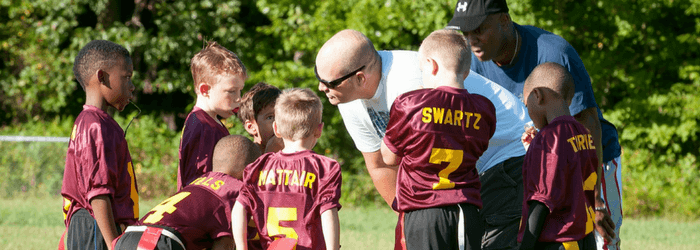
This past season I decided to coach my son’s 3rd and 4th grade flag football. Needless to say, it is a challenging age to coach in any sport but it was a lot of fun. My number one goal was to make sure that every kid on the team had the chance to play every position in an actual game.
Every kid played quarterback, running back, wide receiver, tight end, defensive back, linebacker and of course positions on both the offensive and defensive lines.
Did we win every game? Not so much. But all the kids had fun.
Jacob got to play quarterback and it was probably the most fun he’s had playing a sport. Jacob threw for a 2-point conversion and his buddy (2nd biggest kid on our team) ran for a touchdown. With no speed between the two big boys, we actually won that game. Go figure.
We played teams that had the same kids in the same positions for the entire season. Their best players of course were at the quarterback and running back positions. They won a lot of games. I wonder though, how many kids did they lose from the game? How many of those kids that never touched the ball will want to come back and play next season?
Is winning worth losing kids from our game? It isn’t. It NEVER is.
Who Cares About Winning?
Who cares about winning 3rd & 4th grade flag football championships? Do the kids really care that much?
I can tell you, without a doubt, they don’t. They care about being with their friends. They care about going for ice cream after the game. They care about having fun.
Parents care about 3rd & 4th grade championships. It’s difficult. We, as parents, want the best for our kids. We want them to win at everything. There’s nothing wrong with that. But we need to realize that there are consequences when all we care about is winning.
Now don’t get me wrong. I am as competitive as any person you will ever meet. I want to win. I want my kids to win.
My goal is to keep my kids active in team sports and to learn the fundamentals of the game. I will always encourage my kids to play team sports.
All the encouragement in the world won’t matter if they don’t enjoy playing.
We need to make sure we put fun and learning first at the youth level and winning second.
Who Do Kids Want To Be?
Do 9-year-olds dream of being an offensive lineman? No.
Kids are not sitting around on Sundays watching offensive linemen make plays. Kids watch the NFL and see players like Odell Beckham and Tom Brady and they want to be those players. They dream about making the same plays that those players make every Sunday.
When they play pick-up games at recess or in the backyard, they want to score touchdowns. We need them to keep dreaming like that. Just because they’re big doesn’t mean we should discourage those dreams.
Kids develop very differently and today’s big lineman may be tomorrow’s all-star quarterback or tight end.
Let them PLAY and DREAM.
For Jacob, next year the pads go on. I know he’s excited. He’ll have to play on the line because of his size and I hope his coaches will work to make it a fun experience.
Football is a game. It has to be fun. And we have to do everything we can to make it fun for our kids.
Have you had a similar experience with your youth football player? Let us know. Be sure to comment and share this article.
Let’s spread the word about making youth football about fun and not just winning.
Play BIG!
Coach Steve
